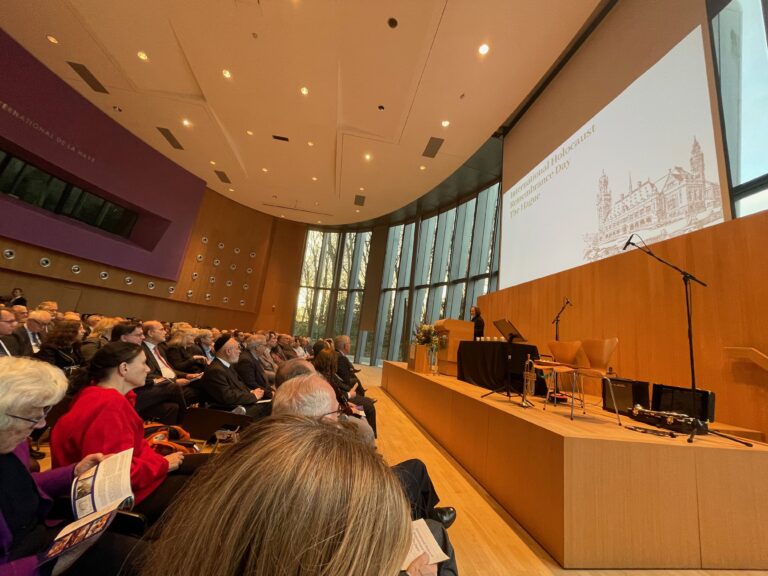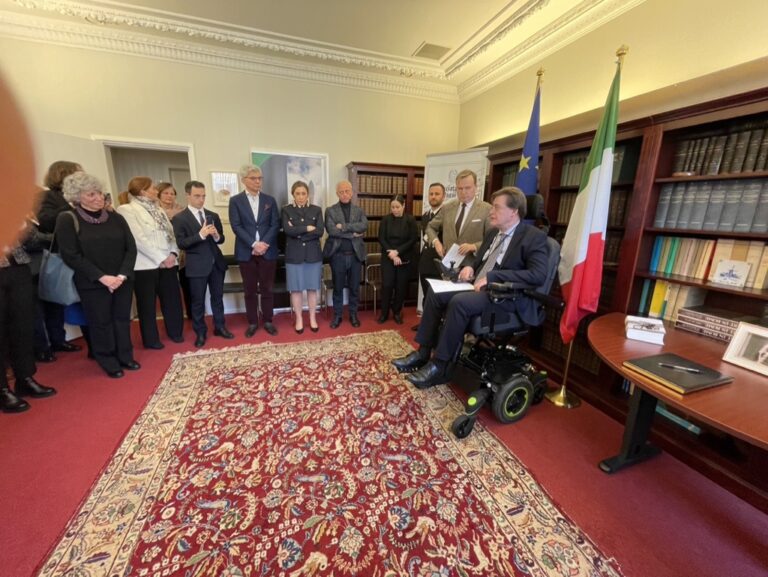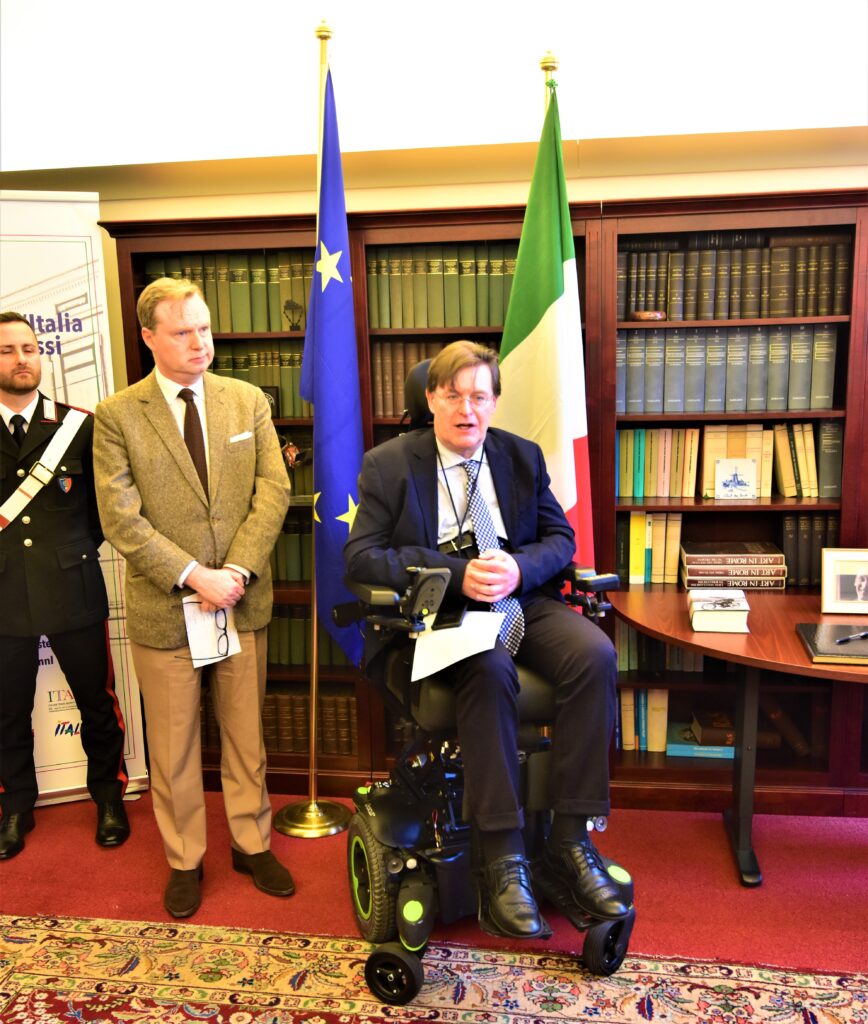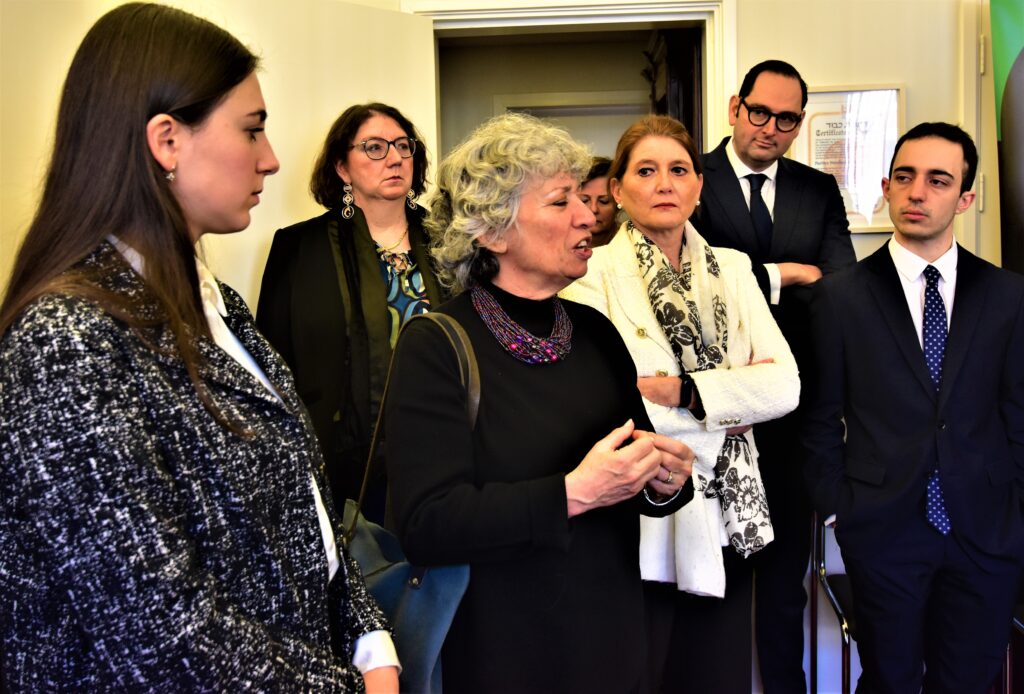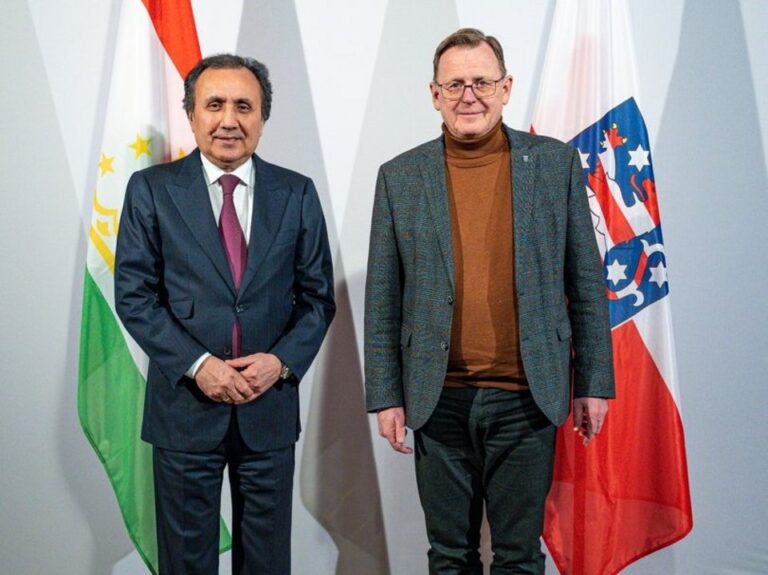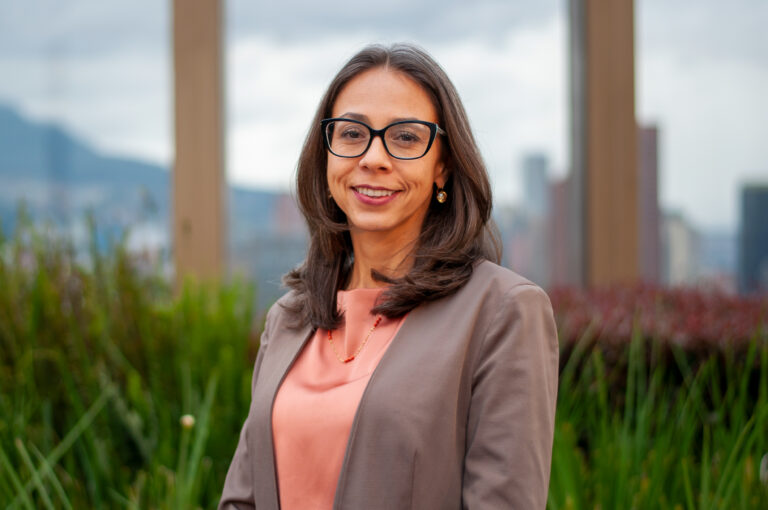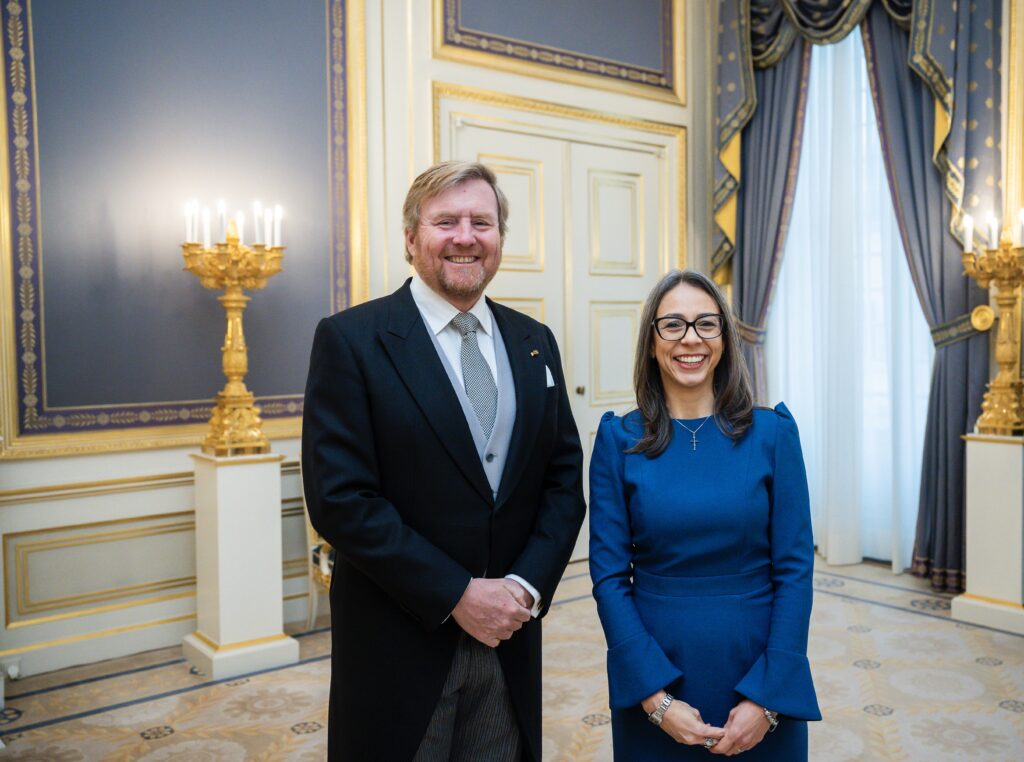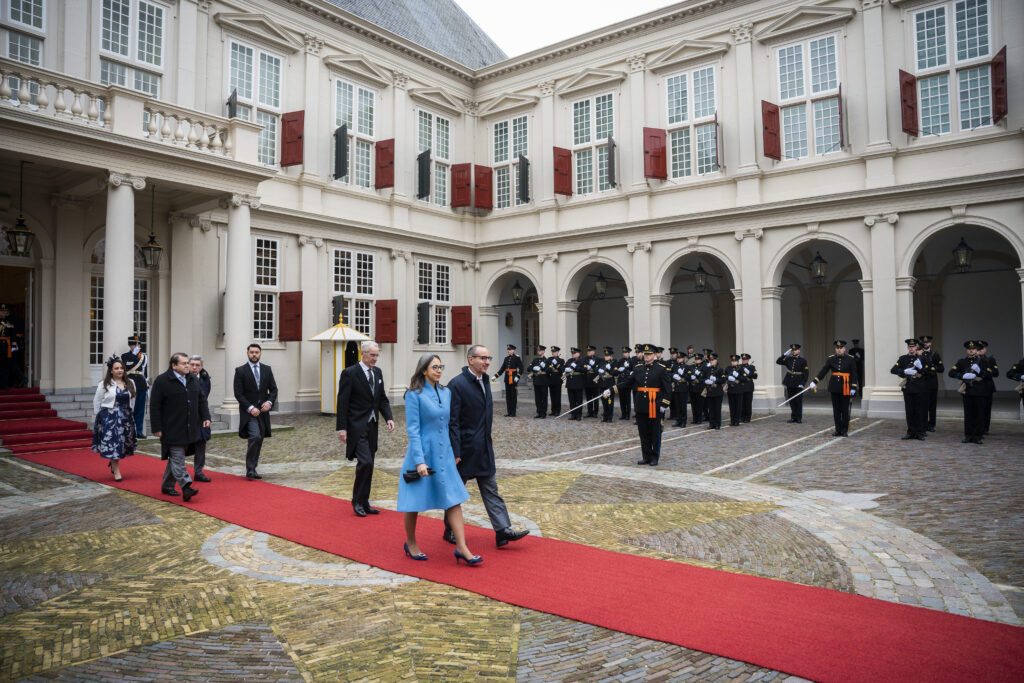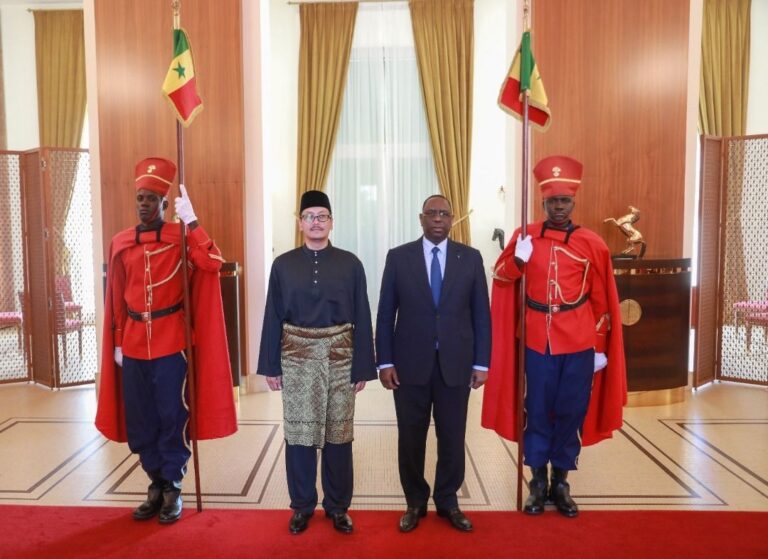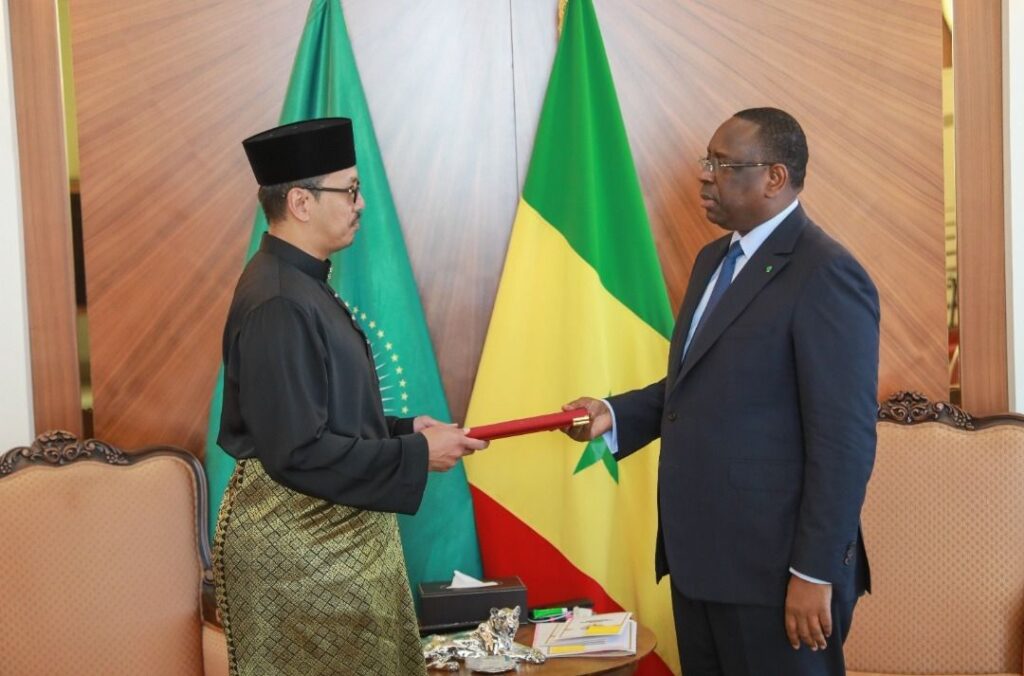By John Dunkelgrün
On January 30th, the Vredespaleis hosted the commemorative symposium organized by ChAI, the cultural and educational foundation of the NIG, the orthodox Jewish community of The Hague together with the city of The Hague and the Embassy of Israel. Following two ‘digital’ corona years it was once again possible to have the symposium in person.
The symposium, which aims to show light on how the Holocaust has influenced the development of international criminal law, this time focused on six photographers who recorded images of the occupation and the persecution of the Jews in the Netherlands.
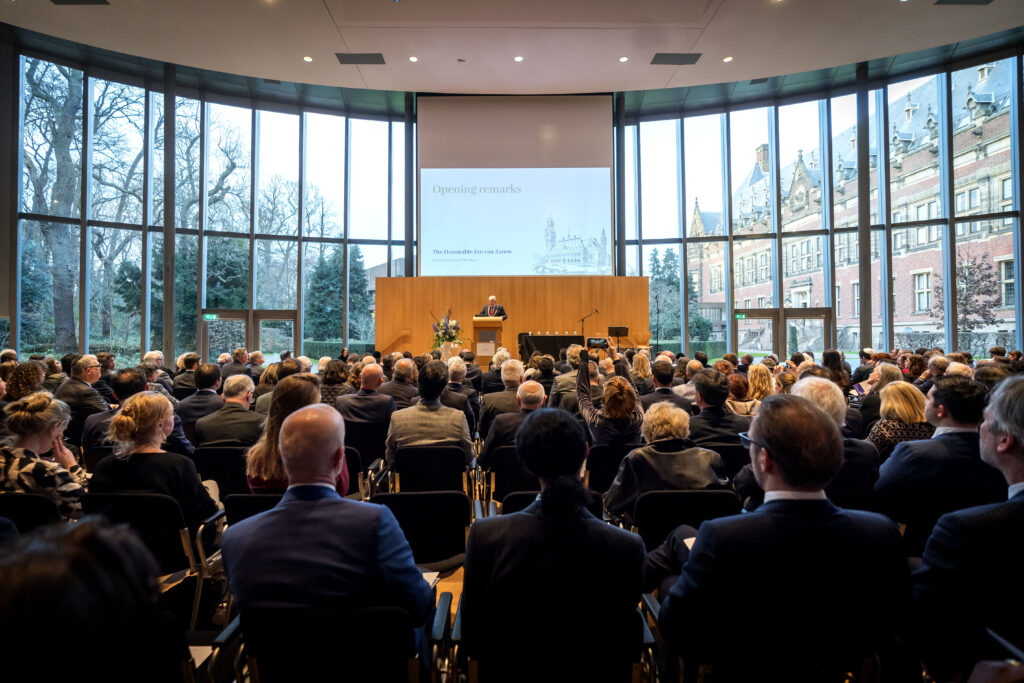
The importance of this event is evidenced by the roster of speakers that consisted of the Mayor of The Hague, Mr. Jan van Zanen, Minister of Justice and Security, H.E. Ms. Dilan Yesilgöz Zegerius, H.E. Judge Graciela Gatti Santana, President of the International Residual Mechanism for Criminal Tribunals, Professor Leora Bilsky, H.E. Ambassador Modi Ephraim of Israel, Mrs. Deborah Maarsen-Laufer survivor of Ravensbruck and Bergen-Belsen and Rabbi Shmuel Katzman.
Among the public in the almost full hall were ambassadors, politicians, lawyers, former ministers, senior members of international organizations, academics, and students of international law. Unfortunately, there were no representatives of the printed press.
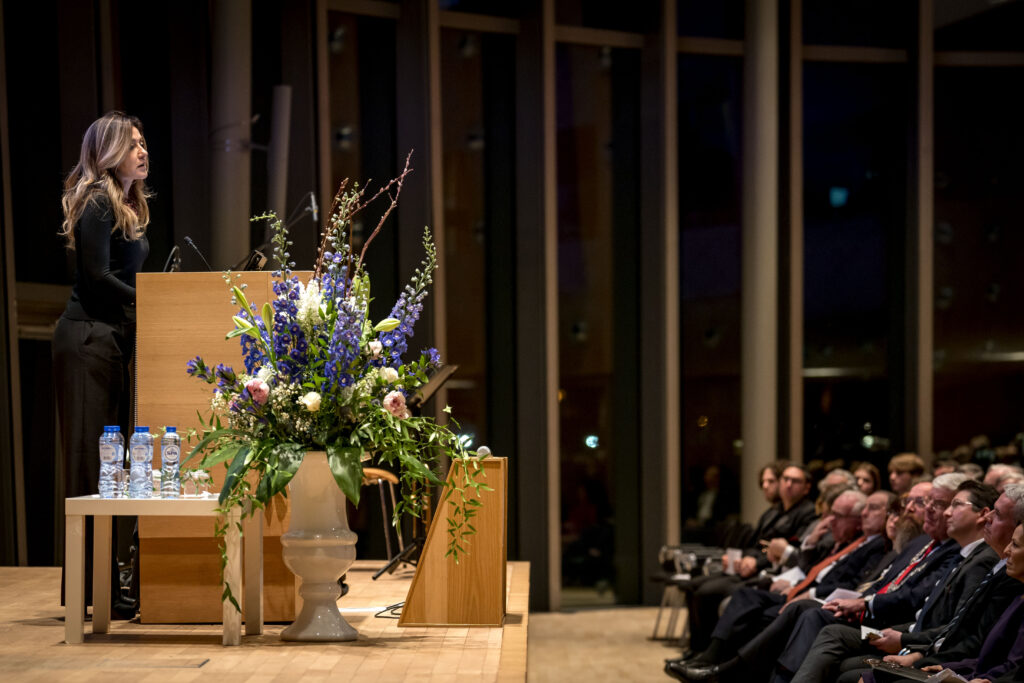
Mrs. Maarsen-Laufer gave a moving account of how she and her parents survived Ravensbrück, Bergen Belsen, and Birkenau. Her message was most powerfully expressed in her closing words:
“Don’t lose hope, not then, not now, not ever!”
Most speakers and especially the minister of Justice and Security stressed the importance of education, formal and within the family, of the facts of the Holocaust, of the dangers of discrimination and especially antisemitism. She pointed to the rise of antisemitism’s ‘ugly head’, and the influence of false facts entering the minds of our youths through social media. It was why General Eisenhower ordered photos and films to be made of the horrors the Allied armies found in the concentration camps. He foresaw that these crimes might be denied. “After all ’the’ truth can consist of many different truths, and we must always be alert to the danger of malicious actors trying to control the narrative” ‘, she said.
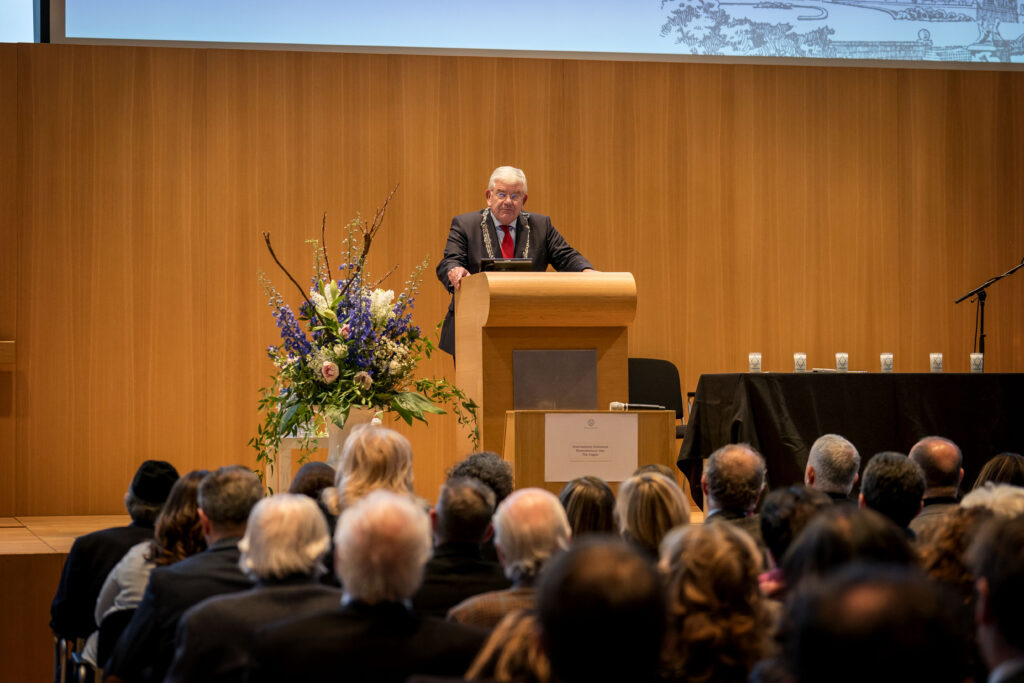
Comemorating and celebrating are not enough. It is also a problem of the here and now. It is about prevention, education, and corrective action where needed. How we plan to do this you may read in the action plan of the NCAB, the National Coordinator for Combating Antisemitism.
Internationally renowned professor Bilsky in her keynote speech ‘Rachel Auerbach: The Eichmann Trial and a new concept of victim testimony’ spoke about the influence of Auerbach on the empowering of witness’ accounts in trials of genocide and crimes against humanity since the Eichmann trial. No longer would such trials merely rest on archival evidence, but surviving witnesses would become proactive rather than just victims.
Ambassador Modi Ephraim told about the six photographers who were limelighted in this symposium, while their photographs were projected onto the screen and Mrs. Maarsen-Laufer lighted a candle as their names were mentioned.
The six photographers are:
- Maria Austria
- Rudolf Werner Breslauer
- H.C. Damen
- Jan Duimel
- Johan de Maas
- Lydia van Nobelen Risouw
In his closing words, rabbi Katzman emphasized the role of iconic photos in building our understanding of events. “Believing is seeing”, he emphasized. The photos help in the war of the narratives. Rabbi Katzman also stressed the importance of education because “laws alone will never preclude crimes’.
After the symposium, the Dutch member of Parliament, Mr. Ulysse Ellian, was very enthusiastic about the event. It was well-organized and the message of the speeches was important and necessary, but there were hardly any young people. “If everyone agrees that education about the Holocaust is so crucial, why weren’t there any schoolchildren?”
While this symposium was discussing the influence of the holocaust on international criminal law, an aggressive war is being waged by Russia in the east of Europe with many charges of heinous crimes against humanity. In part because of that, there appears to be a movement to add ‘Aggression’ to the crimes of ‘Genocide’ and ‘Crimes against humanity’ on the list of war crimes.
The organizers should have no problem finding a focus for next year’s International Holocaust Memorial Day-The Hague.
Photography courtesy of John Dunkelgrün and Stichting CHAJ

